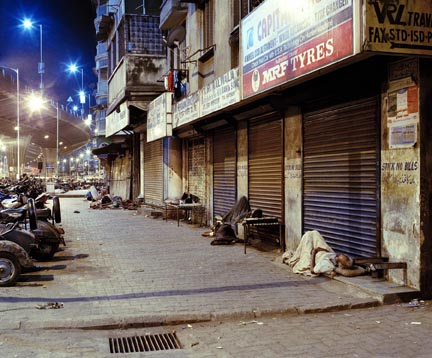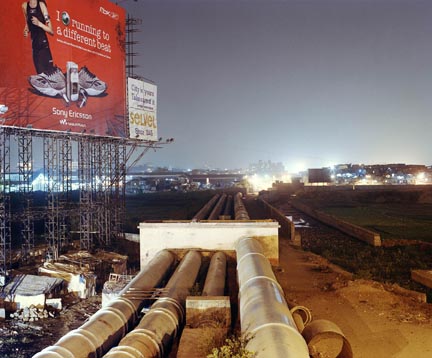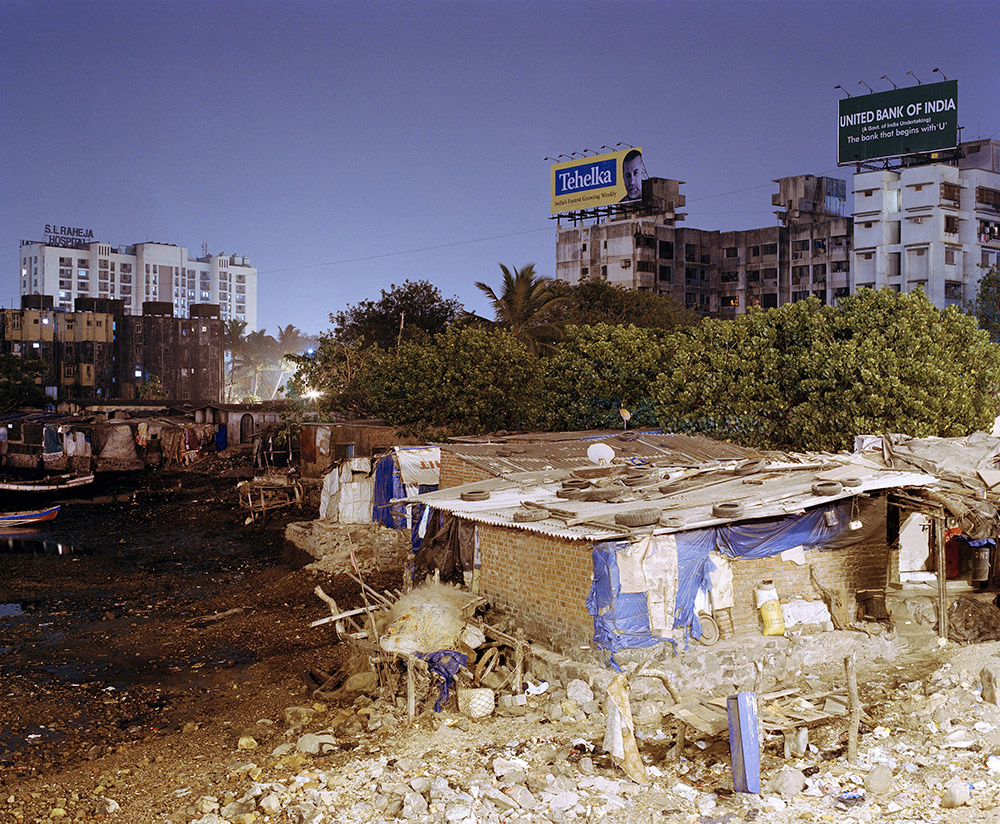About the Photographer
Menner, Simon
German, b. 1978
Simon Menner works with photography and found material on the subjects of conflict, war, surveillance, government, and the role of images in society. Menner is interested in images that can be decoded in different ways, often creating multiple interpretations. He questions how pictures are used to influence people and, by doing so, highlights the importance of understanding these mechanisms in an image-based culture.
From 2011—2012, Menner worked with highly sensitive and controversial materials while researching the archives of the former German Democratic Republic’s State Security Service (STASI). This archive was made public, with certain limitations, after the Berlin Wall came down in 1989. Known to be one of the most effective Cold War surveillance apparatuses, the STASI had more agents, proportionally to its country’s population, than either the CIA or KGB. Menner reproduced select pictures from the archive, cataloguing the images into varied groupings. Pictures from seminars and handbooks originally taught agents how to don disguises to appear inconspicuous. Images detailing surveillance methods are juxtaposed with documentary images of secret house searches, surveillance of the United States Embassy, agents shadowing a subject, and perhaps most interestingly, spies spying on spies. A great variety of different camera types and films were used by STASI depending on their objective. For example, small spy cameras were made to fit inside a jacket to enable observations through a buttonhole, and Polaroid pictures were used in the beginning of secret house searches to allow the snoops to put the house back together exactly as it was found. Most of the pictures speak to an invasion of privacy enacted against those under surveillance but Menner’s choice to publicly display selections from the STASI archive raises ethical questions, since it is, in effect, a second invasion of privacy. Menner is aware of this dilemma and believes that it is important to exhibit the photographs in order to stimulate public discussion about contemporary government surveillance and the rights of citizens.
Also in the collection of the MoCP is his series, Metacity (2005-2009), which records the informal structures and temporary shelters built by the homeless in the metropolises of Mumbai, Chicago, Paris, and Tokyo. These cities were each modernized with the guidance of grand urban plans, often subsequent to natural or deliberate destruction. Although the plans for these cities endeavored to have a profound impact on a city’s society—and arguably did—they often favored the interests of the elite over the poor and inevitably failed to anticipate evolving urban requirements. Menner’s photographs question whether there exist common elements of poverty in different locations around the globe, yet each city, as he sees it, also stands for a unique cultural group or economic reality. He is not interested in documenting the slums of third world countries––perhaps the most conspicuous manifestations of poverty––so much as showing how individual homeless people negotiate and inhabit modern cities. He photographs at night, capturing nearly empty downtown spaces populated only by the homeless, who are most vulnerable while sleeping in public areas. The individuals and their shelters are not always conspicuous in Menner’s images, but become part of the urban landscape.
Simon Menner was born in Germany in 1978. He completed an MFA at the University of the Arts Berlin (2007), and studied at the School of the Art Institute of Chicago in 2005. Menner has exhibited his work in solo and group exhibitions in various institutions and festivals, such as the Oxford Photo Festival (2017), Museum fuer Fotografie, Berlin (2017), NRW-Forum, Duesseldorf (2016), MUDAC, Lausanne (2016), the Copenhagen Photo Festival (2014), the Grand Palais, Paris (2013), Aperture Gallery, New York (2013), and C/O Berlin (2011). He lives and works in Berlin.


